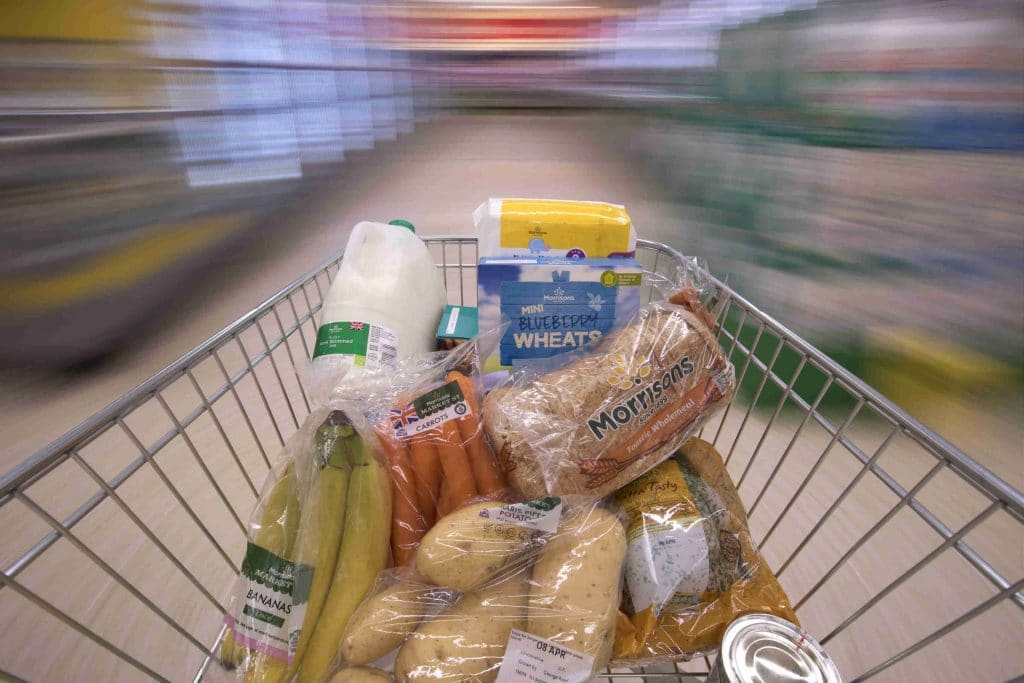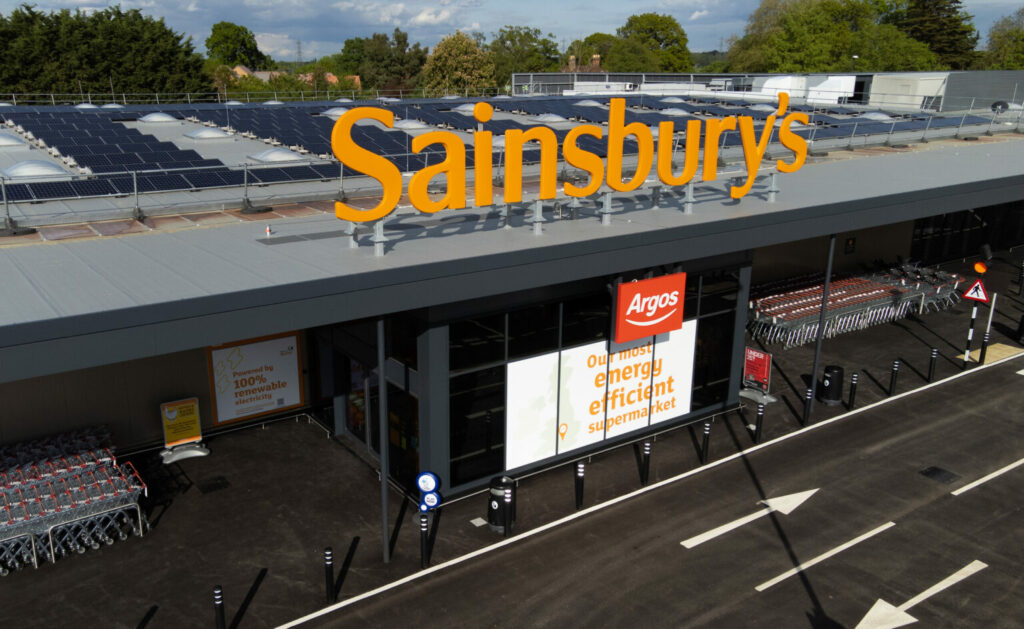// Supermarket sales fell by 3.8% over the 12-weeks to 23 January but Ocado, Aldi and Lidl sales rose year on year, according to Kantar Worldpanel data
// Food inflation jumped 3.8%, which could add £180 a year onto the average household’s grocery bills
Supermarket sales fell by 3.8% over the 12-weeks to 23 January but food inflation jumped 0.3 percentage points over the past four weeks to 3.8%, according to Kantar Worldpanel. This could add an extra £180 to the average household’s grocery bills over a year.
The sales fall comes against tough comparatives as last year the UK was in lockdown and with pubs and restaurants closed, people bought more at the supermarket. However, sales were up 8% on pre-pandemic times.
Kantar said this month’s shopping patterns signalled a return to pre-pandemic habits. Basket sizes were 10% smaller than last year, hitting the lowest level since Covid hit, a u-turn on the bulk buying behaviour seen since the first lockdown.
The figures do not include on-the-go food and drink purchases, which Kantar said would likely be higher than last year as there was increasing confidence in heading out and about and people were returning to the office.
Changing habits were most marked in London, where sales of food and drink decreased by 11%. This suggests that Londoners were the quickest to embrace eating out in cafés, pubs and restaurants, as many of us returned to city centres.
There was also evidence of people scrubbing up as the work from home directive ended and socialising increased with razor blade sales rising 14% and spend on deodorant jumping by 20%.
Increased confidence in visiting stores was also reflected in decreased online grocery spending. Ecommerce sales were down 15% year on year, although at 12.5% of all grocer spend, this is still almost double of pre-pandemic levels.
Despite the slowdown in online, Ocado achieved the strongest growth with sales up 2.3% over the past 12 weeks, which increased its market share by 0.1 percentage points to 1.8%. That number almost doubles in London specifically, where the grocer accounts for 3.4% of all sales.
READ MORE: How much more will your shopping cost in 2022?
There was also evidence that shoppers were returning to the discounters, as prices start to rise for food goods. Both Aldi and Lidl sales and market share grew over the 12 week period, the first time this has happened since June last year.
Lidl was the fastest growing physical retailer with sales up 1.2%, which increased its market share 0.3 percentage points to 6.2%.
Aldi’s sales were up 1.1% over the 12 weeks, which helped its share grow by 0.4 percentage points to 7.8%.

Click here to sign up to Retail Gazette‘s free daily email newsletter

















